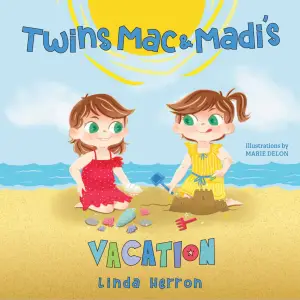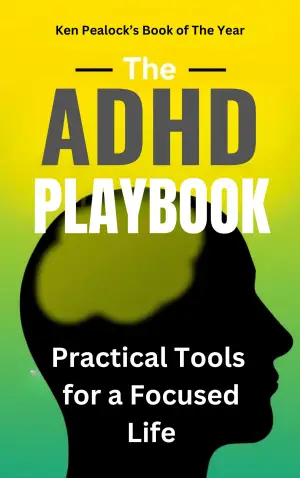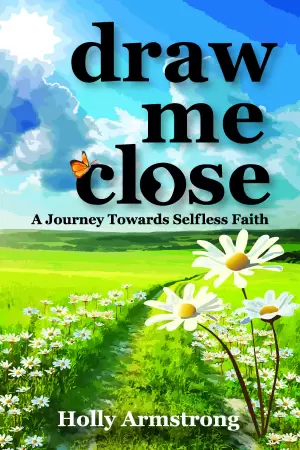The Love Hypothesis: A Journey through Miscommunication and Unrealistic Romance
When "The Love Hypothesis" by Ali Hazelwood caught my eye, I was excited by the premise: a smart, independent PhD student navigating life and love in a male-dominated STEM field. As a woman with a penchant for rom-coms, I couldn’t resist the allure of a fake dating trope—especially combined with the intricate world of academia. However, much like Olive, our protagonist, I found myself grappling with a few unexpected hurdles throughout the story.
At its core, "The Love Hypothesis" aims to tackle themes of ambition, identity, and the search for belonging. Olive, a Canadian PhD student specializing in biology, kisses the first man she sees to prove a point to her best friend, setting off a series of complications involving one Dr. Adam Carlsen, known for his brooding demeanor and intimidating reputation. This setup could have been fun—faux relationships often bring out the best (and most ludicrous) in people—but I struggled with Olive’s characterization and the muddy narrative surrounding her.
Olive’s experiences as a young woman in STEM resonated with me. The realism of feeling marginalized in a rigorous academic environment was palpable, and I appreciated how Hazelwood shed light on the challenges women face in academia. The depiction of Olive’s struggles highlighted an often-overlooked issue and was easily the novel’s strongest point. Yet, outside of these poignant reflections, I couldn’t shake the feeling that Olive was more a student than a fully realized character. The depth that many readers expect from protagonists was sorely lacking—her motivations and reactions often felt more scripted than genuine.
Then there’s Adam, who came off as an enigma, but not in a tantalizing way. Described mainly as moody and sullen, I found him disappointingly bland. The “grumpy x sunshine” dynamic, a favorite trope of mine, faltered because, despite being in Olive’s head, I never quite grasped what made Adam tick or why he was drawn to her. Their romance should have been electric, filled with tension and attraction, yet it often felt forced and awkward.
The plot twist that Olive may fit into the demisexual spectrum piqued my interest, but it felt underexplored and poorly executed, lacking sensitivity. Instead of adding depth, it underlined the gaps in character development, leaving me with questions rather than insight. Miscommunication abounds, often resulting in melodrama that didn’t quite resonate with the academic backdrop of the story.
As for the humor, I found myself laughing not with the characters but at certain ridiculous scenarios unfolding on the page. The side characters—particularly Olive’s friend Anh—felt juvenile at times, leading me to wish for moments of maturity rarely given. Scenes meant to push Olive and Adam closer often missed the mark.
In conclusion, while I wish I could echo the consensus of many glowing reviews, "The Love Hypothesis" left me feeling much like Olive: searching for more. This book might charm readers looking for a lighthearted romp in academia or those who revel in quirky adventures, but if you crave a deeper emotional connection or believable romance, this may not be your cup of tea. Ultimately, the experience was a mixed bag for me—captivating moments punctuated by missed opportunities. If you choose to dive in, perhaps you’ll find the magic that eluded me, and if not, well, we can commiserate together over our mutual confusions.














